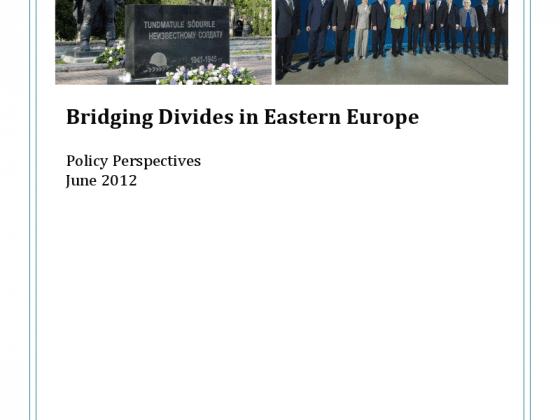With the collapse of the USSR came the dislocation of the Soviet republics–not only from their former political and economic status within the former Soviet Union, but also from their placement within the Western policy and academic spheres of analysis. While some reorganization of policy and academic-related institutions has already taken place to accommodate these changes, the most appropriate analytical category and/or geographical context into which to place the various newly independent states remains a matter of heated debate among policy-makers and academics alike. Indeed, this is an important issue which requires further analysis and debate, since our (re)-conceptualization of these states has direct and long-term implications for our understanding and evaluation of the political, economic, and cultural challenges they face. The manner in which we classify them will, in turn, determine the manner in which we relate to them as well as the conclusions we draw from this interaction. […]
Memo #:
21
Series:
1
PDF:
PDF URL:
http://www.gwu.edu/~ieresgwu/assets/docs/ponars/pm_0021.pdf









